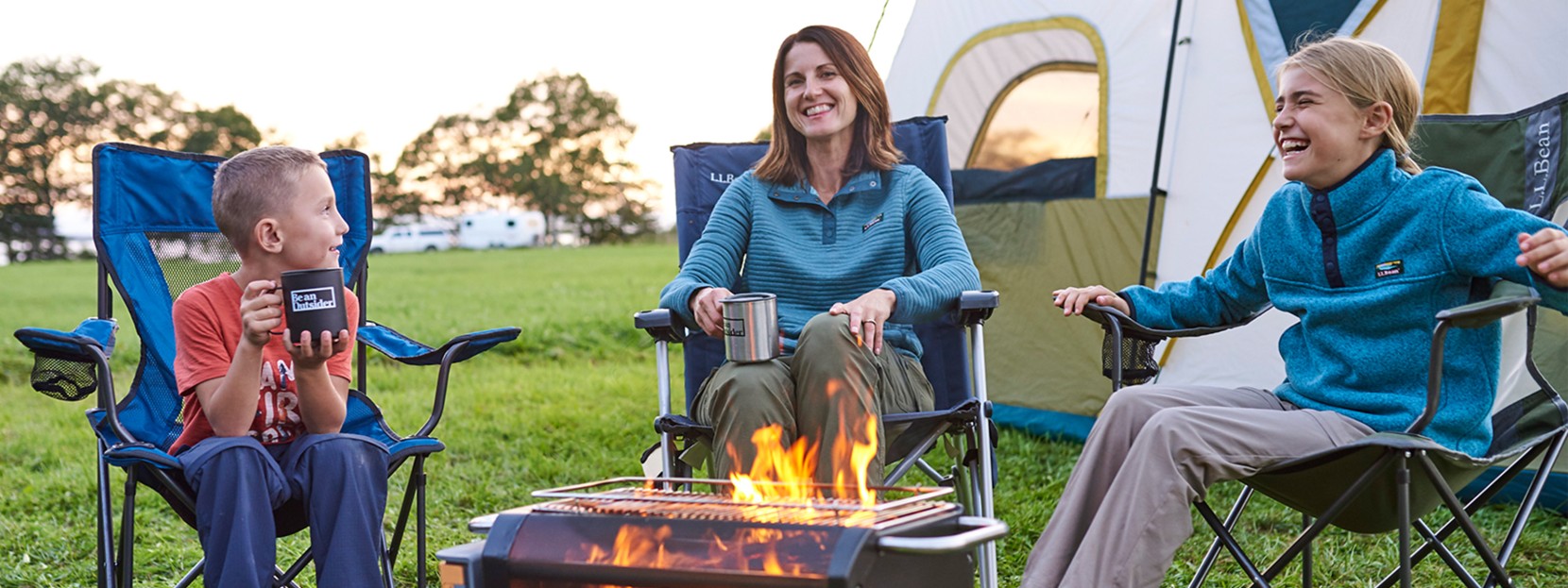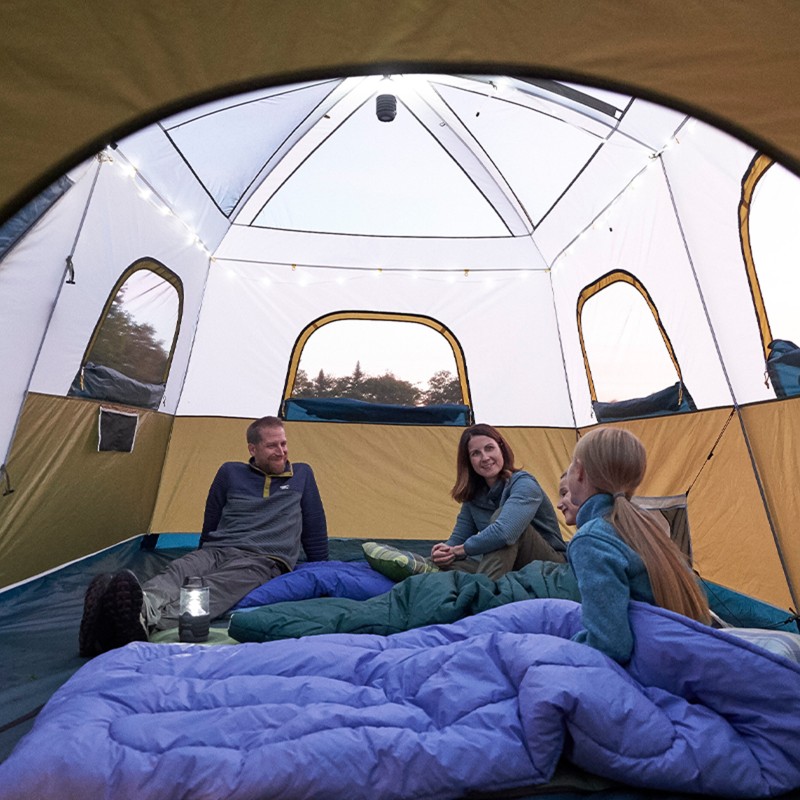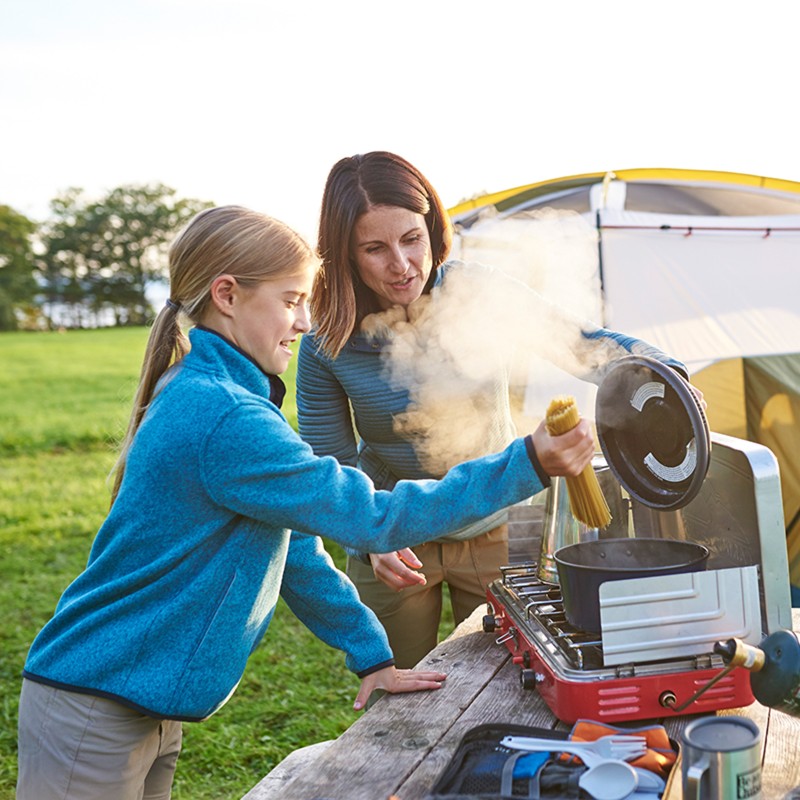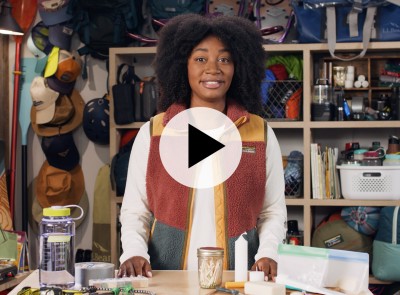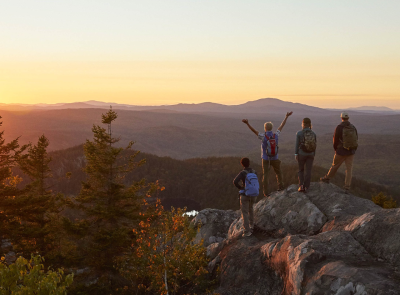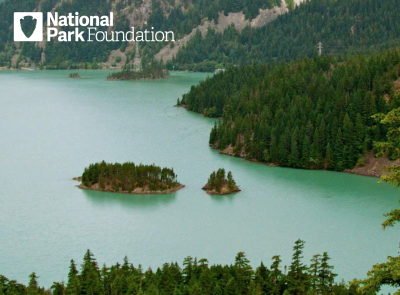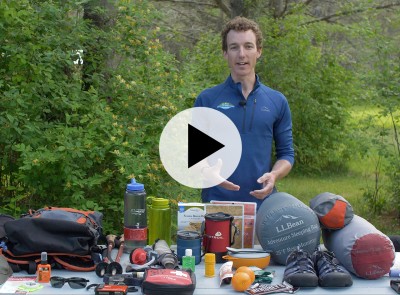Get Started Camping
Camping is one of the easiest ways to spend quality time outdoors with friends and family, and a great trip just requires a few pieces of gear and a little planning. No matter where you decide to take your first camping trip, we have the expertise to help you get there – along with a few tips to make your experience even better.
4 Min. Read | Camping
1. What are the must-haves for your campsite?
Camping is the most fun when you’re the most comfortable. So follow these tips to make sure everyone has room to stretch out and enjoy the outdoors. At the very least, you’ll need:
A Roomy Tent
When choosing a tent, remember that the number of people in the name means only the people, not their gear, bags, clothing, stuffed animals, etc. So unless you want to be packed in like sardines, you should get a tent rated for more people than will be sleeping in it. Just the two of you? Get a 3- or 4-person tent. Family of four? Go for a 6-person or multi-room tent. You get the idea.
The Right Sleeping Bags
If you’re looking for some extra room to stretch, then the same rule applies here – go with a larger sleeping bag. If cuddling is more your aim, a standard two-person sleeping bag will absolutely do the trick for two people. And if you really want to save space, a mummy bag is shaped to fit closer to your body.
Plenty of Camp Chairs
Pick up a comfy, portable camp chair for everyone in your party, and maybe one extra. You don’t want to deprive anyone of a prime marshmallow-toasting spot.
More Campsite Essentials
2. When are you going?
Once your tent is set up and you’re ready to enjoy the campsite, you’ll have to cross your fingers and hope Mother Nature cooperates with good weather. But no matter the conditions, a little planning can go a long way towards staying comfortable and having fun.
Staying Warm
Even in summer, temperatures can dip sharply at night; and in spring or fall, staying warm is even more important. Do a little research on the temperatures where you’re camping; you want a sleeping bag with a rating that’s higher than the lowest nighttime lows. (A 30° sleeping bag will keep you warm when the temperatures drop to 30°, but probably not below that.)
Beating the Bugs
Another consideration for camp comfort is our creepy-crawly friends who share the campground at certain times of year. Biting, buzzing insects can turn a lot of people off from camping, but again, a little preparation can keep them away. If you’re camping in bug season, make sure to bring bug spray and repellent devices that will keep them away from you and the entire campsite. You might also consider bringing a screen house to put around your dining area, so you can enjoy your meals in peace. Another great way to fend off biting insects is wearing clothing that has bug repellent technology built right into the fabric.
Lighting
Finally, no matter what time of year you’re camping, you’re going to be left in the dark when the sun goes down. Lanterns are great for illuminating a large area, like a table or a tent, and headlamps will light things up right in front of you while keeping your hands free.

Quick Tip:
If you get caught in the rain, there’s no dryer at the campsite to quickly toast your wet gear. When there’s rain in the forecast – or even when there isn’t – take precautions to keep things dry. Put a rain fly over the tent, a footprint underneath, and a tarp over the campsite.
3. What’s the best way to stay fed and hydrated?
Now you’ve got a tent that will fit your whole party, comfortable sleeping arrangements and campsite chairs, and gear that tells bugs to bug off. The last of your preparations depends on how long you plan to stay in this outdoor wonderland.
Meal Prep
Food is something you’ll need to plan for, even if you’re only camping out overnight. If you aren’t confident in your campfire cooking skills, there are many campgrounds where it’s possible to head into town for every meal, but you’ll be missing out on the experience of campsite cuisine.
To make mealtimes go smoothly, make a plan for your meals ahead of time – you can even prepare or pre-cook some at home – and organize the refrigerated ingredients in a well-insulated cooler. A camp stove is a great stand-in for your grill or stovetop at home, or your can try your hand at cooking right over the campfire.
Clean Water
Many modern campgrounds have spots where you can fill containers with clean water, and you’ll want to make sure you have plenty at your campsite. In addition to staying hydrated, you’ll need water to wash up and keep your camp dishes clean – even if there’s a modern restroom nearby, water at your site will keep you from running back and forth.
More Essentials for Camp Chefs

Quick tip:
When it comes to your camp stove – or any of your gear, for that matter – make sure you test it out at home to make sure you know how it works. Nothing can put a damper on a camping trip faster than not being able to start up the stove when people are hungry, or not knowing how to set up the tent when it’s getting dark.
4. What do you want to do out there?
Food, shelter, safety and comfort – that’s all your essentials covered. Pretty easy, right? Now the only thing to do is decide how you want to spend your time outside while you’re there.
At the Campsite
If you’re hanging around the campsite, you may want to take this time away from the modern world to relax. Sling up a hammock and catch up on reading, strum a guitar by the fire or do yoga to the sounds of nature. Board games and card games are a great way to disconnect from your phones and connect with the people around you.
Beyond the Campsite
Wherever you’re camping out, it’s likely there will be a wealth of outdoor opportunities around you waiting to be explored. Get in contact with the campground or do a little research ahead of time to find hiking trails, paddling spots or cycling routes nearby, then make sure to pack everything you need into (or onto) your car.
5. How do I find the perfect campsite?
If you’re just getting started camping, you’ll have a better experience if you head somewhere that feels safe and comfortable. (It might be easier to convince your kids and friends to come along for the trip, too).
The National Park Foundation’s Find Your Park tool is a great resource to find a beginner campground near you. With more than 400 park sites in the U.S., there’s probably one closer than you think – in fact, most Americans have one within 100 miles of their home. Many feature campgrounds with creature comforts like bathrooms with running water and showers, as well as fire rings, picnic tables and tent platforms that are ready-and-waiting for your visit.
Explore More Camping Gear
Related Stories




